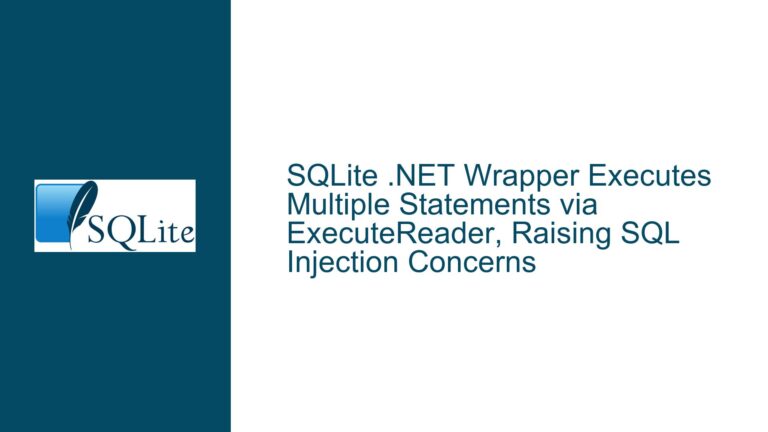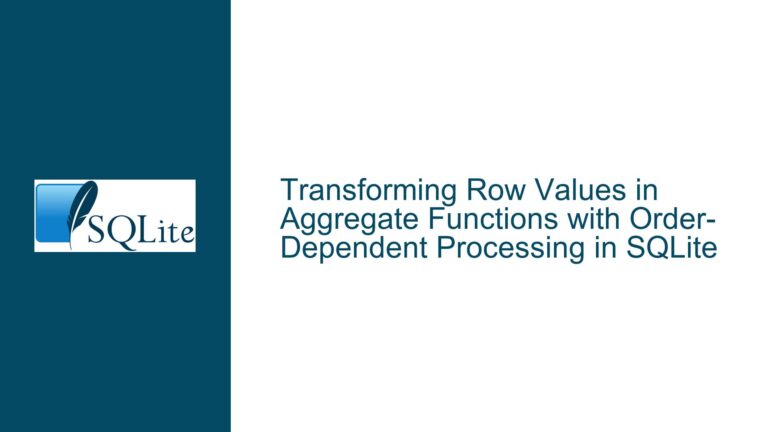the Difference Between SQLite Pages and Tables
SQLite Pages: The Internal Storage Mechanism SQLite pages are the fundamental units of storage within an SQLite database file. Each page is a fixed-size block of memory, typically 4096 bytes, although this size can be configured during database creation. Pages are used to store various types of data, including table records, indexes, and metadata. The…









